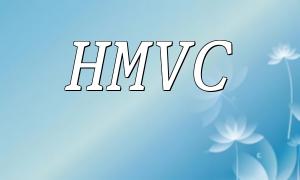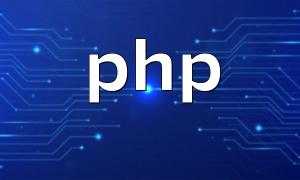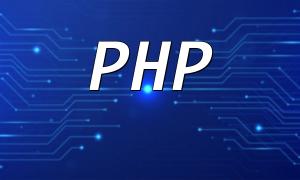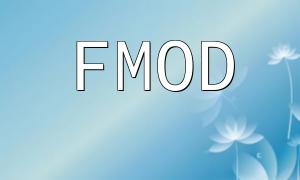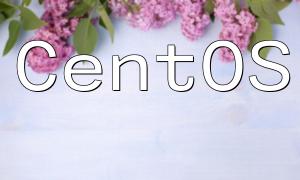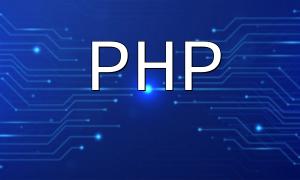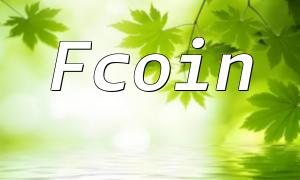In modern web development, both Java and PHP are essential programming languages. Each has a rich framework ecosystem suited to different types of application development needs. This article compares the mainstream frameworks of these two languages from multiple perspectives to help developers make more informed decisions.
Java is an object-oriented language with a mature ecosystem and several widely adopted frameworks. Among them, Spring and Hibernate are the most representative.
The Spring framework is renowned for its modular design and high scalability. It provides support for dependency injection and aspect-oriented programming, greatly simplifying enterprise application development.
Here is a simple Java code example using the Spring framework:
<span class="fun">public class HelloWorld { public static void main(String[] args) { System.out.println("Hello, Spring Framework!"); }}</span>Hibernate is an object-relational mapping (ORM) tool that simplifies database operations. Developers can manipulate objects instead of complex SQL queries, improving efficiency and maintainability.
Compared to Java, PHP is more flexible and easier to learn. Laravel and Symfony are two widely used PHP frameworks favored by developers.
Laravel focuses on tight integration of business logic and database interaction. It features elegant syntax and rich modules such as routing, authentication, and session management, simplifying the development of complex applications.
Here is a simple Laravel code example:
<span class="fun">Route::get('/hello', function () { return 'Hello, Laravel!';});</span>Symfony is known for its powerful component-based architecture, suitable for building large-scale enterprise applications. Developers can flexibly select components as needed, enhancing efficiency and code reuse.
Choosing between Java and PHP frameworks requires weighing multiple factors based on the specific project context.
Java frameworks excel in handling high concurrency and enterprise applications, making them suitable for scenarios with high performance demands. PHP frameworks are more adaptable for small to medium projects, enabling rapid and flexible development.
PHP frameworks are generally easier for beginners to learn quickly. Java frameworks are powerful but often come with a steeper learning curve requiring more time to master.
Both languages have large developer communities. Java frameworks have a solid foundation in enterprise environments, while PHP frameworks remain highly active in web development, offering extensive extensions and support.
Overall, Java frameworks are better suited for projects demanding high performance and scalability, especially large enterprise applications. PHP frameworks fit well for rapid development and iteration of web applications. Understanding the characteristics of each helps developers select the most appropriate framework for their projects, improving efficiency and quality.
We hope this comparative analysis provides clear guidance to help you choose wisely between Java and PHP frameworks.
